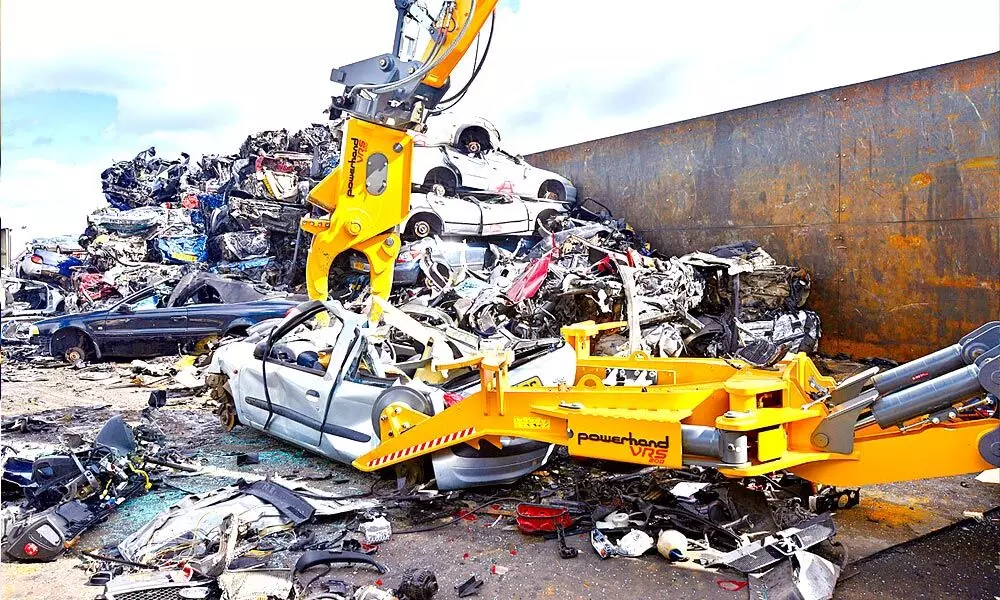What does vehicle scrapping policy means for private car owners
image for illustrative purpose

Finance minister Nirmala Sitharaman announced in her Union Budget 2021 speech that the government intends to go ahead with a "Vehicle Scrappage Policy". The policy has been in discussion for some time now, and while further details are awaited, it's been made clear that the government intends to test-drive the policy by making it a voluntary endeavour before making it mandatory. So what does this policy entail?
What does the policy aim to achieve?
The idea is to phase out cars and commercial vehicles which are older than 20 or 15 years, respectively. This is being done in a bid to reduce urban pollution levels and galvanise automotive sales, which continue to suffer during India's post-COVID recovery phase. This means that any private vehicle that's older than 20 years will have to undergo a fitness test. A fitness test, according to the Finance Minister, will be conducted at automated fitness centres, which will determine whether the vehicle in question is qualified to run on roads, or headed for the scrap heap.
How does fitness test work?
Each fitness test would cost approximately Rs 40,000. This is in addition to the road tax, and possible "Green Tax" that you have to pay while mandatorily renewing your private vehicle's registration after the 15-year period. Each fitness certificate is applicable for five years, after which the owner of the vehicle will be required to get another fitness test, costing the same. The financial cost of keeping a car in road-ready shape, alone would then dissuade the owner from constantly renewing the certificate.
Are there any other costs involved?
The government has proposed a Green Tax, which requires you to pay 10-25 percent of your road tax every time you renew your fitness certificate. This means that, in addition to the fee you're required to shell out for the test, you have to pay a considerable sum, which differs from city to city, based on their pollution levels. In the Delhi-NCR region, for example, the Green Tax, if implemented, would require the customer to pay 50 percent of the road tax, upon renewal of registration.
What happens if your vehicle does not pass the fitness test?
According to the law, it is illegal to drive a car that hasn't passed a fitness test, as it is considered unregistered. Their removal from the roads will not only urge their owners to buy new vehicles, and possibly adopt newer technologies, like EVs, it will also help bring down vehicular pollution by an estimated 25 percent.

